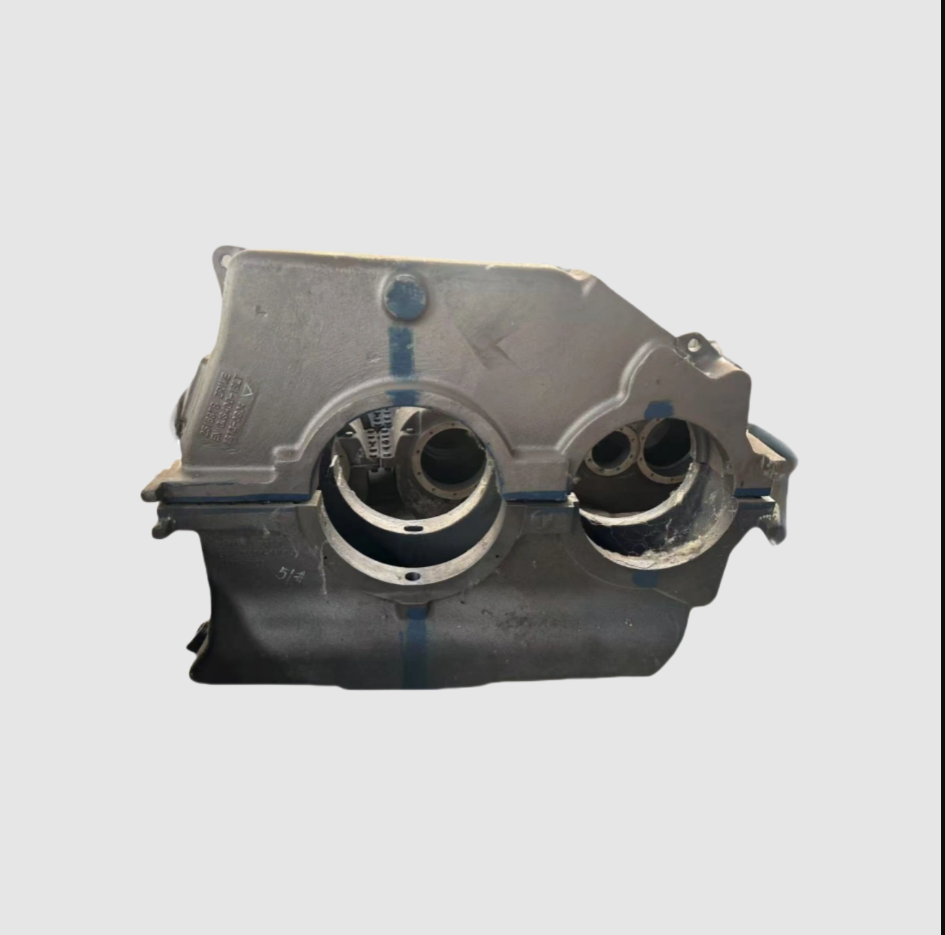Every part in a train system must function well. This maintains the system secure and reliable. Train casting parts are very important. They offer support, link things, and conduct signals. Their top quality affects how secure the railway network is. When you purchase these components for South Africa, South America, or Russia, you have to find good manufacturers. To be effective, you need to understand the local technical policies. Right here are 5 essential top quality requirements you should constantly comply with.
1. Product Structure & Mechanical Properties: The Foundation of High quality
The efficiency of actors iron depends on its details chemical composition and spreading procedure, and must satisfy the international or local standards of the target market. A dependable railway spreading parts producer will offer complete material traceability.
1.1 Structure Specifications: Should adhere to standards such as International Requirements (ISO), European Specification (EN), Russian GOST standards, or those generally used in South America like IRAM (Argentina) and ABNT NBR (Brazil). The web content of dangerous elements like phosphorus and sulfur must be strictly controlled.
1.2 Mechanical Residences: Concentrate on tensile strength, yield strength, solidity, and prolongation. For pliable iron, describe requirements such as ISO 1083, EN 1563, or GOST 28394. Purchase should require suppliers to supply product certificates and mechanical examination reports that adhere to the target audience’s requirements.
(Railway Cast Iron Gearbox)
2. Dimensional Precision & Tolerance Control: Ensuring a “Perfect Fit”
Railway tasks worldwide have stringent demands for dimensional interchangeability; any type of discrepancy can affect system integration. Accuracy is a mark of remarkable railway spreading producers.
2.1 Crucial Dimensions: All interface dimensions and mounting hole placements for all train spreading elements should be 100% inspected.
2.2 Resistance Requirements: Need to stick to worldwide recognized criteria like ISO 2768, or details tolerance demands explicitly agreed upon with the client. For the Russian and CIS markets, unique focus must be paid to following pertinent tolerance specifications in GOST 30893.
3. Restrictions on Casting Defects: Removing Interior Hidden Dangers
The acceptance criteria for casting flaws need to be plainly specified in contracts and based upon internationally or regionally recognized requirements. Leading railway casting parts supplier procedures employ strenuous non-destructive testing.
3.1 Surface area Issues: Requirements like ISO 8062 can be referenced for assessing spreading surface area high quality. Splits, chilly shuts, and other defects influencing utility are not allowed.
3.2 Inner Defects: For essential load-bearing railway spreading elements, non-destructive testing (e.g., ultrasonic, radiographic) ought to be executed according to standards like ISO 4990, EN 12680, or the GOST R 55724 collection, with clear approval degrees for defects.
4. Metallographic Structure & Internal Top Quality
The microscopic framework of the material is the key basis for evaluating whether its inner quality meets the standard. This is a vital look for any kind of specialist railway casting parts maker.
4.1 Ductile Iron: The evaluation of nodularization rate should comply with requirements such as ISO 945-1 or GOST 3443 to ensure its mechanical residential or commercial properties fulfill the demands for usage under complex working problems.
4.2 Graphite Morphology & Matrix Structure: The metallographic inspection record is an important document for confirming the security of the production procedure and must adhere to the relevant international or regional requirements.
(Railway Cast Iron Gearbox)
5. Anti-Corrosion Treatment & Surface High Quality: Withstanding Harsh Environments
Provided South Africa’s seaside high salinity, South America’s exotic rainforest humidity, and Russia’s extreme chilly and de-icing salts, anti-corrosion treatment for train spreading elements is critical.
5.1 Treatment Processes: Define the kind of anti-corrosion process, such as hot-dip galvanizing (ISO 1461), epoxy layer, etc, and specify crucial signs like layer thickness, attachment ( e.g., ISO 2409), and salt spray resistance ( e.g., ISO 9227).
5.2 Regional Requirements: Need to take notice of specific requirements of the target audience, such as Russia’s GOST 9.307 anti-corrosion system accreditation, or South Africa’s SANS (South African National Criterion) standards. A global train spreading producers will certainly be familiar with these diverse demands.
Luoyang Fonyo Heavy Industries Co., Ltd. is a leading maker of heavy industrial castings and parts, focusing on offering top notch steel castings, consisting of carbon steel, high manganese steel, alloy steel, and heat-resistant steel spreadings. With an extensive service version incorporating design, casting, machining, and solution, Fonyo makes certain that each item fulfills rigorous high quality and performance standards to satisfy the demanding requirements of various heavy industries.
If you are looking for a trusted supplier of Railway Casting, Luoyang Fonyo Heavy Industries Co., Ltd. is your ideal choice. Visit Fonyo’s official website (www.railwaypart.com) for more product information and technical support!
All articles and pictures are from the Internet. If there are any copyright issues, please contact us in time to delete.
Inquiry us

